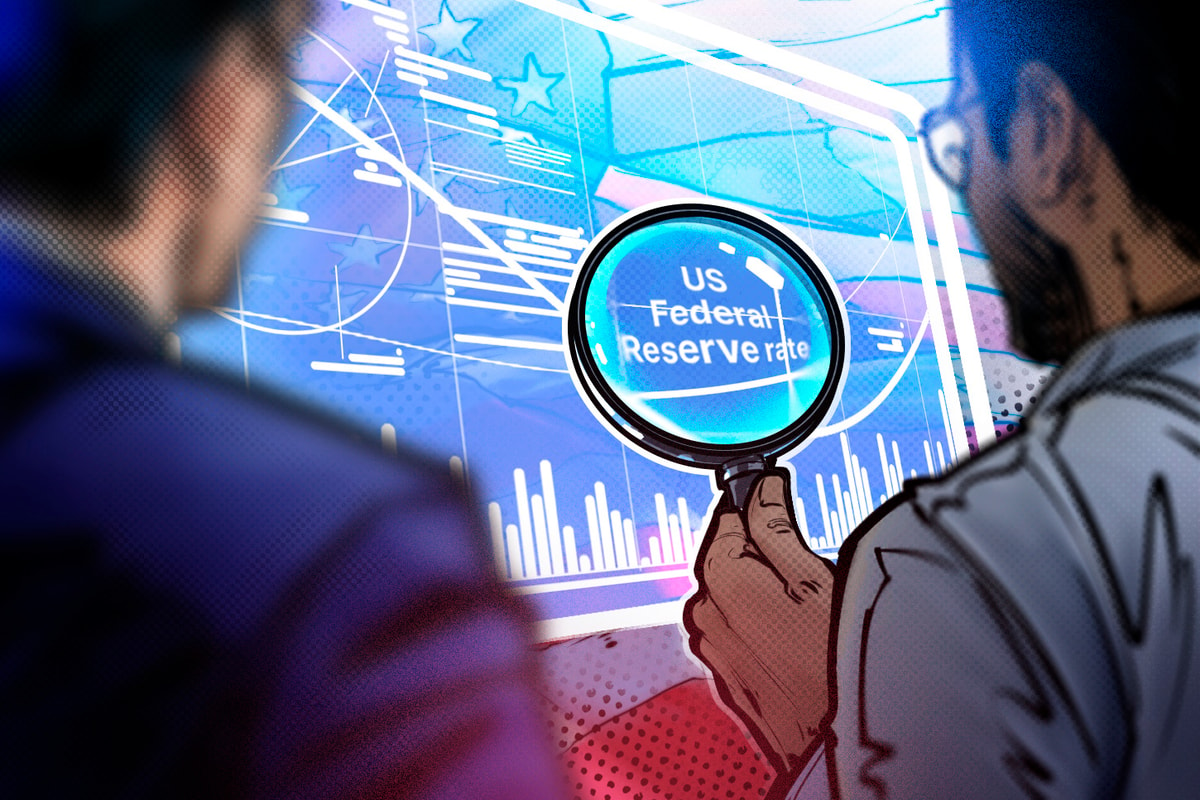US Federal Reserve Governor Christopher Waller has come out in favor of pausing interest rate cuts as inflation remains uneven but is leaving open the possibility of reductions later this year.
Waller, chair of the Fed Board’s payments subcommittee, said in a Feb. 17 speech in Sydney, Australia, that January had “disappointed” with uneven progress on inflation but said if the year “plays out like 2024,” that rate cuts would be “appropriate” at some point.
“I continue to believe that the current setting of monetary policy is restricting economic activity somewhat and putting downward pressure on inflation.”
Fed cuts are generally seen as bullish for Bitcoin (BTC) and the broader crypto market, as the lower cost of borrowing money can incentivize investors to go for riskier assets.
“If this winter-time lull in progress is temporary, as it was last year, then further policy easing will be appropriate. But until that is clear, I favor holding the policy rate steady,” Waller said.
Source: Federal Reserve
The Fed chose to lower rates by one percentage point in the final months of 2024 but left them unchanged at their January policy meeting.
Waller says the current 12-month readings are lower than January 2024, indicating some progress on fighting inflation, but thinks the numbers are “still too high.”
Inflation has proven more persistent than expected over the past month, and as a result, markets have pushed back expectations of further rate cuts coming this year.
The latest data from CME Group’s FedWatch Tool puts the odds of even a minimal 0.25% cut at the next Fed meeting in March at just 2.5%.
Markets have pushed back expectations of further rate cuts coming this year, with the odds of one coming at the next meeting sitting at just 2.5%. Source: CME Group
White House tariffs could cause modest price increases
Waller also played down US President Donald Trump’s trade war stoking inflation, speculating that tariffs from the White House would “only modestly increase prices and in a non-persistent manner.”
“Of course, I concede that the effects of tariffs could be larger than I anticipate, depending on how large they are and how they are implemented,” he said.
“But we also need to remember that it is possible that other policies under discussion could have positive supply effects and put downward pressure on inflation.”
Related: Fed’s Waller says banks, non-banks should be allowed to issue stablecoins
Trump signed an executive order to place reciprocal tariffs on the country’s trading partners on Feb. 13, which included provisions for non-monetary policies as meeting the criteria for a reciprocal import tax.
Earlier, on Feb. 1, Trump launched tariffs against Canada, Mexico and China, crashing both stock and crypto markets.
The crypto market eventually rebounded after the planned tariffs on Mexico and Canada were paused on Feb. 3 for 30 days.
Magazine: ‘China’s MicroStrategy’ Meitu sells all its Bitcoin and Ethereum











